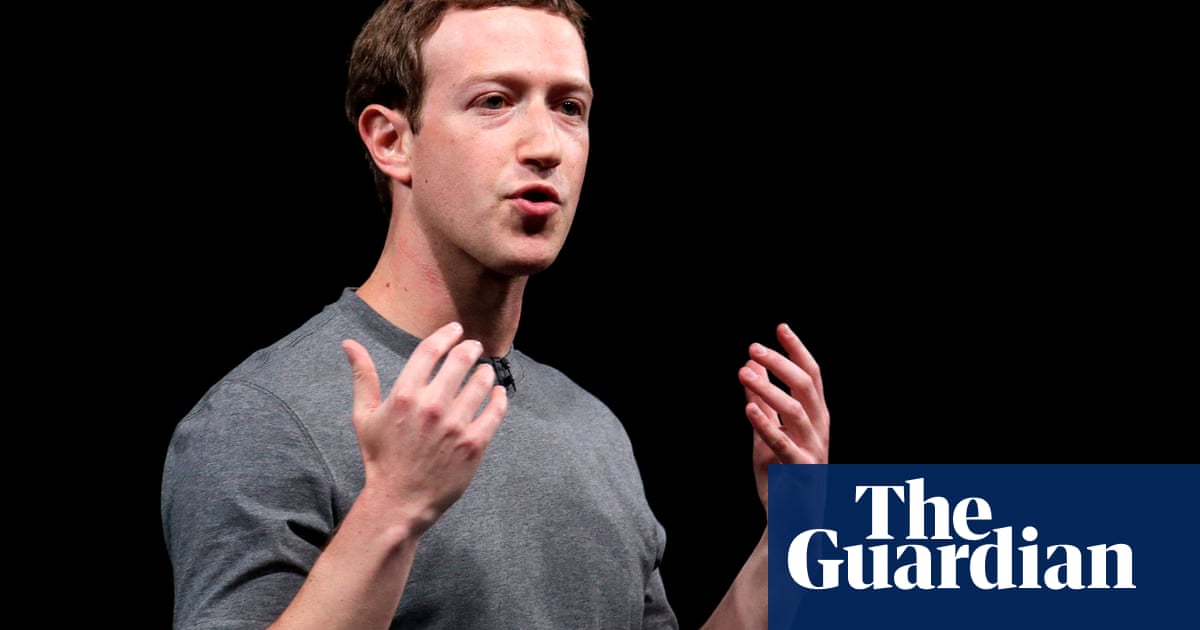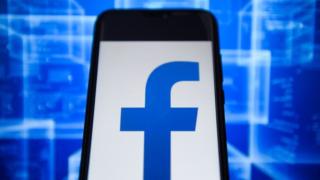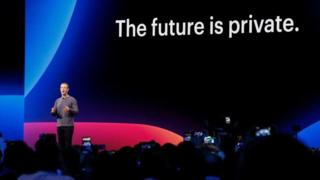Facebook Usage Has Collapsed Since Scandals

Facebook usage has plummeted over the last year, according to data seen by the Guardian, though the company says usage by other measures continues to grow.
Since April 2018, the first full month after news of the Cambridge Analytica scandal broke in the Observer, actions on Facebook such as likes, shares and posts have dropped by almost 20%, according to the business analytics firm Mixpanel.
Taking that month as a baseline, total actions fell by more that 10% within a month, recovered a bit over the summer and then fell again over the autumn and winter of 2018, except for a brief rally over the period of the US midterm elections.
The decline coincided with a series of data, privacy and hate speech scandals. In September the company discovered a breach affecting 50m accounts, in November it admitted that an executive hired a PR firm to attack the philanthropist George Soros, and it has been repeatedly criticised for allowing its platform to be used to fuel ethnic cleansing in Myanmar.
Facebook’s own statistics show increases in daily and monthly active users (DAUs and MAUs), the numbers logging on to the site at least once in the respective periods, during the year ending March 2019.
In the company’s latest quarterly earnings report, published in April, it said it averaged 1.56bn DAUs in March up 8% on March 2018, and MAUs were also up 8% year on year.
The two sets of numbers can be reconciled. Anecdotal reports over the past year have suggested that while few users have deleted their Facebook accounts or stopped logging on since the scandals, many have reduced their usage.
This month a market research firm, eMarketer, reported a decline in Facebook usage in the US, saying the typical Facebook user spent 38 minutes a day on the site, down from 41 minutes in 2017.
“On top of that, Facebook has continued to lose younger users, who are spreading their time and attention across other social platforms and digital activities,” eMarketer said.
Facebook has been asked for comment.
READ MORE HERE


